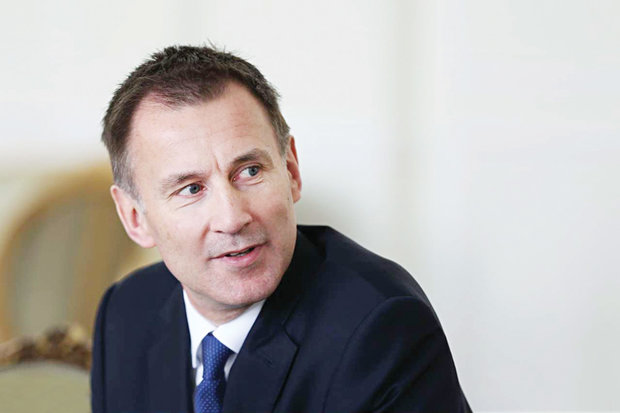Hunt, Secretary of State for Foreign Affairs of the UK in an interview with the Guardian, threatened: “We are not a small power in the Middle East but a major actor.”
Hunt added that “Saudi Arabia, not Iran, is Britain’s strategic partner in the Middle East.”
It is clear that the report, broadcast on the BBC on November 9, 2018, on the Great Persian Famine and the widespread mass starvation and disease in Iran under rule of the Qajar dynasty during World War I was not accidental and was a reminder of one of the greatest genocides of the 20th century which was used as an introduction to Hunt-Zarif visit.
The Guardian writes: “The great and powerful Iran today is the most popular revolution in contemporary history. Iran was invaded by Saddam's Iraqi regime years ago, which, according to numerous documents, including the official report of the "Matrix Churchill Scandal", enjoyed widespread and covert weapons protection by British big companies.”
Today, Iran is so powerful that it disrupted Kissinger's Balkanization plan - Tony Blair’s plan in Syria and Iraq - and did away with the ISIL. Iran today is not the same country as it was during the First World War when it was faced with famine and a crippling, deep financial crisis.
Iran was turned into a dead society through the Imperial Bank of Persia, a British bank that operated as the state bank and bank of issue in Iran between 1889 and 1929. Then at one point, 2500 Kazakhs occupied Tehran, and a “regime change” occurred.
Saudi Arabia and allies, who enjoy the most expensive and modern British-American weapons, still are struggling with the Yemeni war and its primitive tribes. It is preposterous that Jeremy Hunt thought of threatening prestigious Iran by recalling the tragedy of the genocide of the First World War.
MNA/TT
